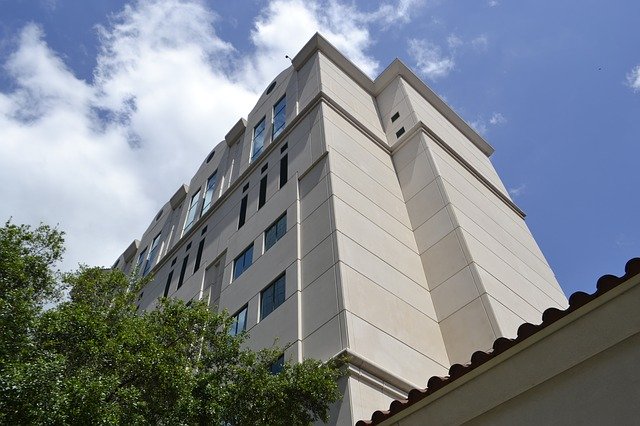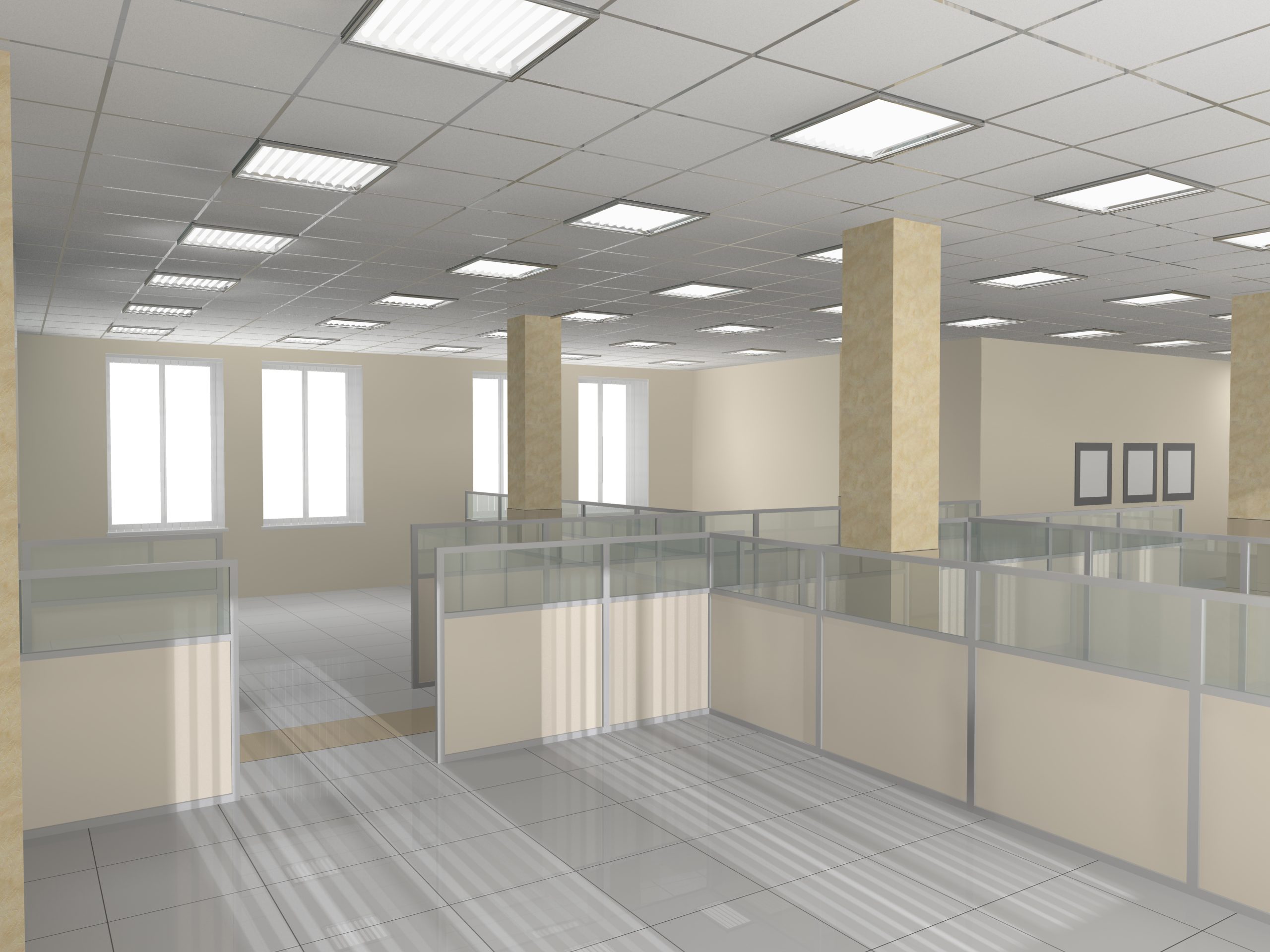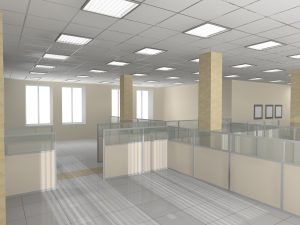So what exactly does a death and disability clause do? It protects you, your family and/or your estate from liability under your lease in the event of your death or disability. It allows you or the entity through which you lease space (the “tenant”) to be relieved of all obligations under the lease. Without including such language, the tenant will remain obligated to perform all the terms under the lease, including, for example, paying monthly rent and common area maintenance expenses.
Remaining obligated under the lease can cause undue hardship. For example, if you are your medical practice’s sole provider and you become disabled or your practice loses a critical employee due to death, your practice won’t make money, as the practice can’t see and treat patients.
Of course, landlords aren’t the biggest fans of death and disability clauses because such clauses don’t benefit them. Even in the case where a landlord allows for a death and disability clause, it likely will come with conditions. For example, a landlord may require you or your estate to pay for costs associated with reletting the leased space and pay rent until a new tenant leases the space. Or, if the landlord funds your tenant improvements and they are of a significant amount, the landlord may require a hefty termination fee upon your death or disability to recoup those improvements costs.
If your landlord refuses to allow for a death and disability clause, it’s important to have a plan that comes into play upon your death or disability. That may be by having an arrangement in place where you or your estate sells your practice and the lease transfers to the buyer. In such a case, it’s important to have language in the lease that expressly allows for such a transfer.
Article by: Amanda Howard

 By:
By: 
 By:
By: 
 By: Douglas Hughes, (Guest Blogger from
By: Douglas Hughes, (Guest Blogger from 
 By:
By: 
 By:
By: 
 By:
By: